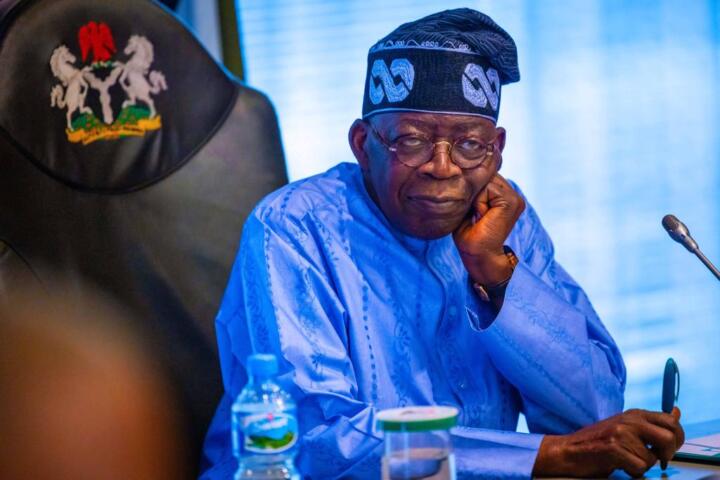Theoretically, governments can finance their spending in three ways: through taxes (such as personal and corporate income taxes), borrowing from the public, or printing money. The revenue generated from printing money is known as seigniorage, representing the difference between the cost of printing money and its value in the financial system.
In the case of Nigeria, it faces challenges in all three financing methods. Tax collection is notably low, accounting for around 10.8 percent of GDP, one of the lowest rates globally. Former President Muhammadu Buhari left a considerable debt of 77 trillion naira ($167 billion) to local and foreign creditors. Currently, 96 percent of the government’s revenue is allocated to servicing this debt, raising concerns about a potential cash crunch if additional revenue is not generated.
The option of printing money is economically unpopular due to inflation, which has surged to over 26.72%. The Central Bank of Nigeria (CBN) is urged to address excess liquidity through measures like mopping up funds. Moreover, only 47% of the 2023 budget is expected to be funded by revenue, with the rest relying on borrowing.

The budget composition raises concerns, with 31% allocated to debt service costs, highlighting the urgency for actions addressing revenue underperformance and expenditure efficiency. Non-debt recurrent expenditure, representing about 40% of the budget, includes a significant personnel cost, raising questions about transparency and efficiency in government operations.
Nigeria, as an oil-producing country, faces challenges as oil revenues are not sufficient to propel economic growth. Despite partial recovery in oil production, the country has not reached its production capacity of 2.5 million barrels per day, while the population continues to grow.
Financially, sub-national entities struggle, with state governors lacking innovation in revenue generation beyond basic expenses. The World Bank notes Nigeria’s low spending levels, emphasizing the need for increased investment to achieve development goals. Current spending levels contribute to poor human capital development, infrastructure deficits, and economic challenges.
The 2023 Presidential elections highlighted differing financial ideologies among candidates. The incumbent president focuses on taxation and financial reforms, the runner-up supports capitalism and restructuring, and the third candidate prioritizes cost-cutting and reducing the high cost of governance.
Expectations for the government include improving tax collections, unlocking oil and gas potentials, removing petroleum subsidies, supporting currency devaluation, and reinvesting subsidy savings. The Central Bank Governor is expected to manage inflation, achieve currency stability, address FX backlog, and restore the transmission between policy rates and market rates.
Recommendations include gaining citizens’ trust through judicious use of taxes, stopping oil theft, improving tax compliance, customs modernization, and export promotion. A focus on productive spending, investment in agriculture, and strategic allocation of funds to projects with high returns on investment are essential for Nigeria’s economic transformation.
Support InfoStride News' Credible Journalism: Only credible journalism can guarantee a fair, accountable and transparent society, including democracy and government. It involves a lot of efforts and money. We need your support. Click here to Donate
